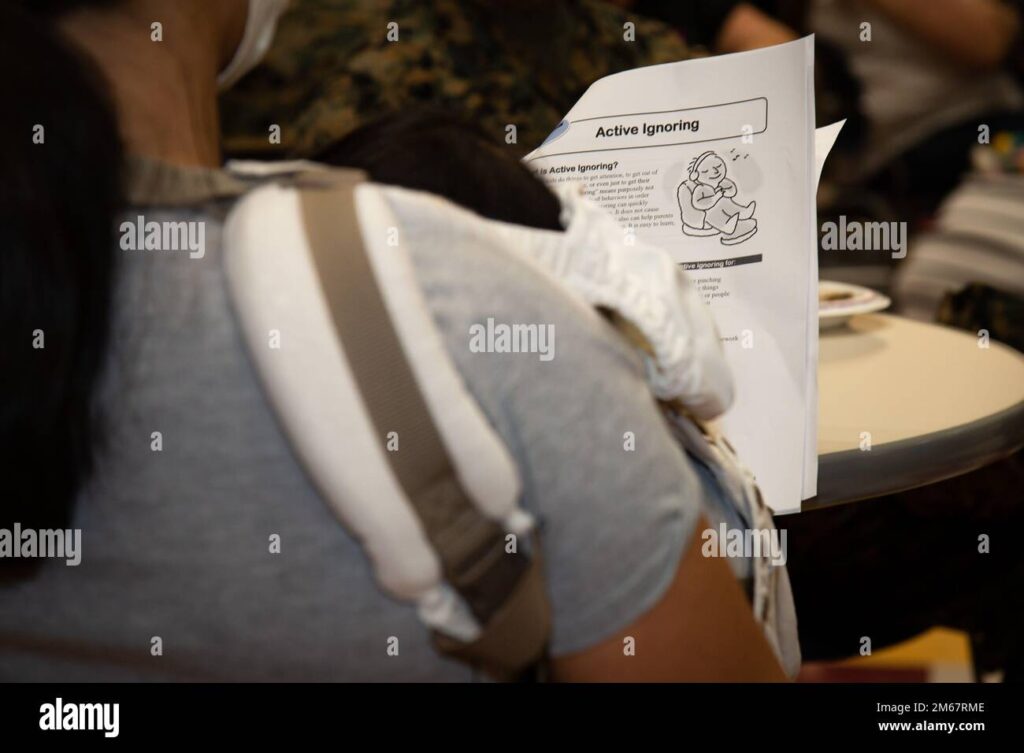This article explores the parenting challenges faced by military families and provides helpful tips and strategies to overcome these difficulties. The frequent moves that are a part of military life can disrupt routines and make it difficult for children to make friends. To cope with this challenge, the article suggests maintaining open communication, creating a sense of home in the new location, and reaching out to other military families for support. Extended separations due to military deployments can also put a strain on families. The article recommends establishing a routine, staying connected through technology, and seeking support from family readiness groups or counseling services. The emotional and psychological impact of military life is also addressed, with strategies such as promoting open communication, providing stability and routine, and seeking professional help if needed. By implementing these strategies, military families can successfully navigate the unique challenges they face and raise resilient children.
Parenting Challenges in Military Families: Helpful Tips and Strategies
Introduction
Military families face unique challenges that can have a significant impact on their parenting styles and strategies. Frequent moves, extended separations, and the stress of military life can make it difficult for parents to provide stability and continuity for their children. In this article, we will explore some common challenges faced by military families and provide helpful tips and strategies to navigate these difficulties.
Frequent Moves
One of the biggest challenges for military families is the frequent moves that are a part of military life. These moves can disrupt routines, make it difficult for children to make friends, and sometimes force them to change schools. Here are some tips for dealing with frequent moves:
1. Maintain open communication: Talk to your children about the move and answer any questions they may have. Assure them that they will have the opportunity to make new friends and learn new things in their new location.
2. Create a sense of home: Set up your new home as soon as possible to create a sense of stability for your children. Unpack their belongings first and try to recreate their familiar living environment.
3. Reach out to other military families: Connect with other military families in your new location. They can offer support and understanding during the transition process.
Extended Separations
Military deployments can put a strain on the entire family, particularly on the parent left behind to care for the children. Here are some tips for coping with extended separations:
1. Establish a routine: Maintain a consistent daily routine to provide stability and structure for your children. This can help them feel more secure and adapt to the absence of the deployed parent.
2. Stay connected: Utilize technology to stay in touch with the deployed parent. Regular video calls, emails, and letters can help maintain the bond and make the separation easier for everyone.
3. Seek support: Reach out to support networks such as family readiness groups, military support organizations, or counseling services. These resources can provide invaluable emotional support and guidance during this challenging time.
Emotional and Psychological Impact
The stress and demands of military life can take a toll on the emotional well-being of both parents and children. Here are some strategies for managing the emotional and psychological impact:
1. Promote open communication: Encourage your children to express their feelings and emotions. Create a safe space for them to share their thoughts and concerns.
2. Provide stability and routine: Consistency in daily routines can help children feel more secure and alleviate stress. Ensure that they have a structured and predictable environment to thrive in.
3. Seek professional help if needed: If you or your children are experiencing significant emotional distress, do not hesitate to reach out to mental health professionals who can provide the necessary support and guidance.
Conclusion
Parenting challenges in military families can be difficult to navigate, but with proper strategies and support, it is possible to overcome these obstacles. Maintaining open communication, creating stability, and seeking support from other military families and resources are crucial for fostering a healthy and resilient family dynamic. By implementing these tips and strategies, military families can effectively navigate the unique challenges they face and raise happy, healthy children even in the midst of military life.
